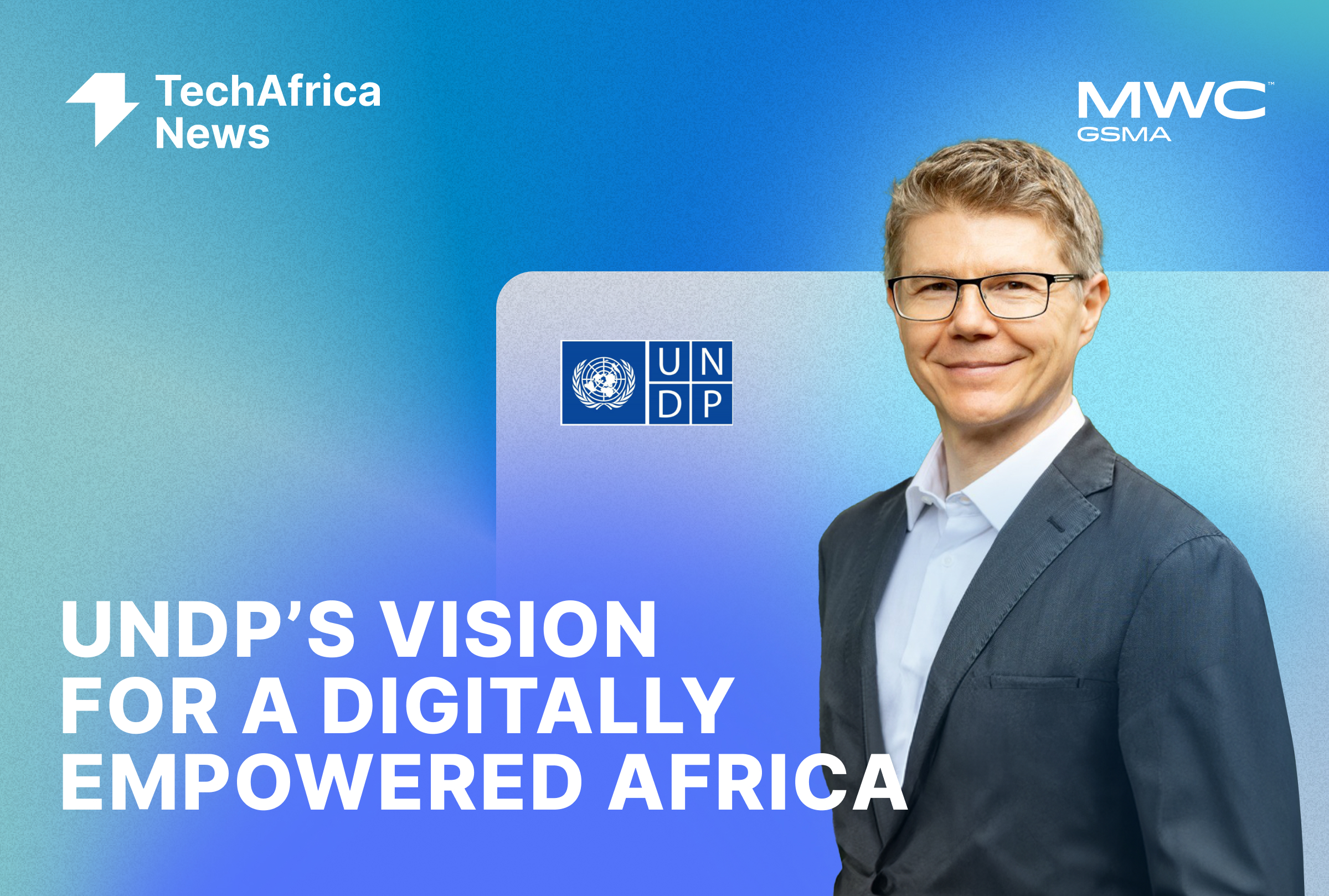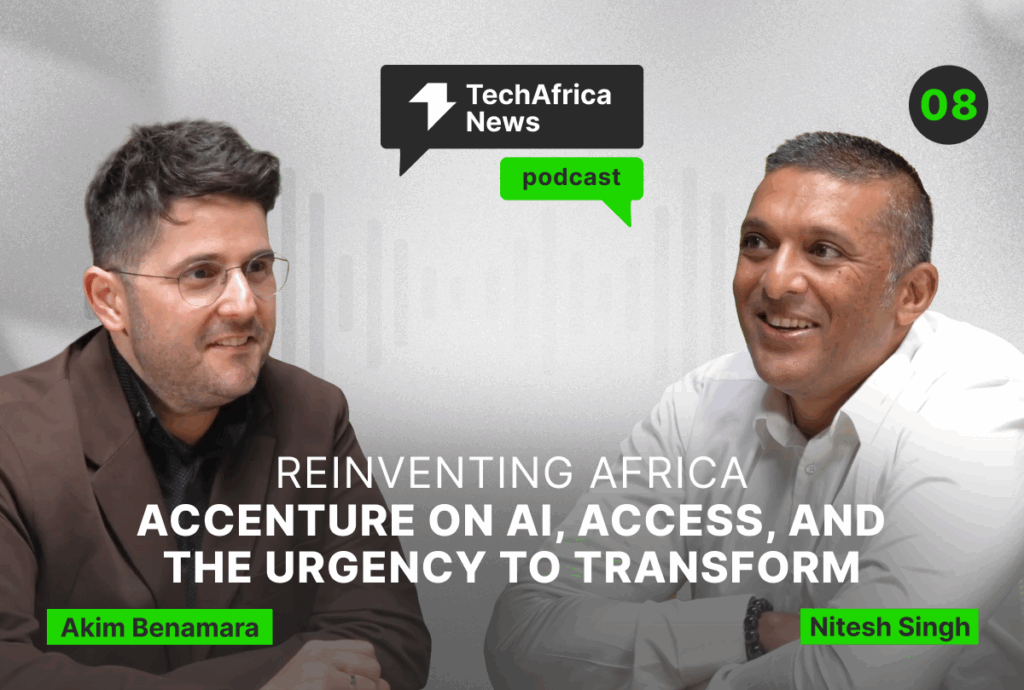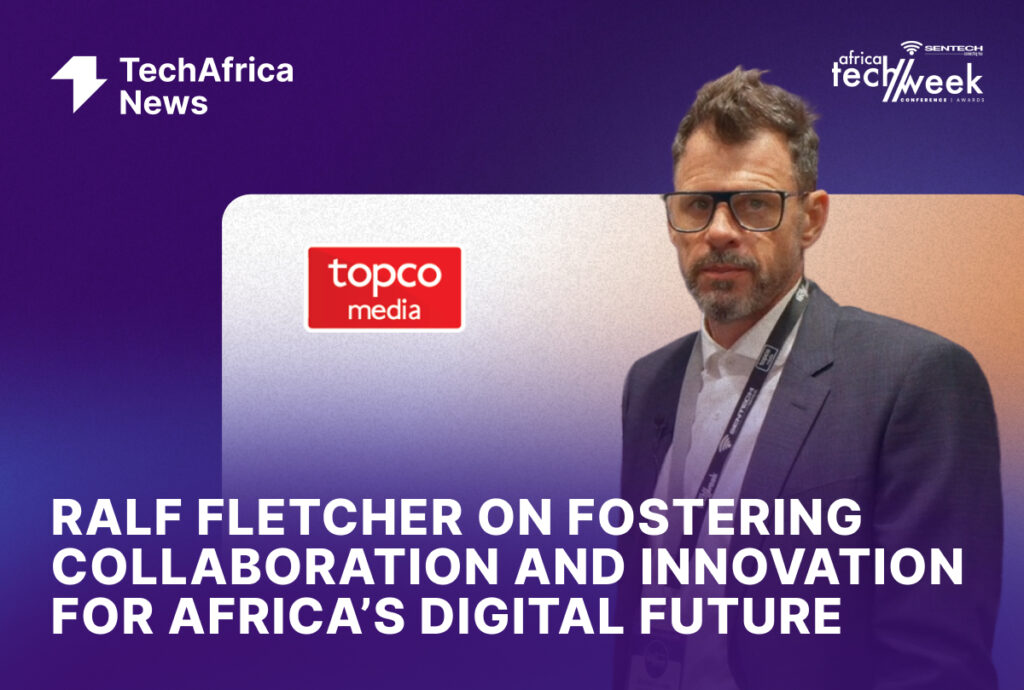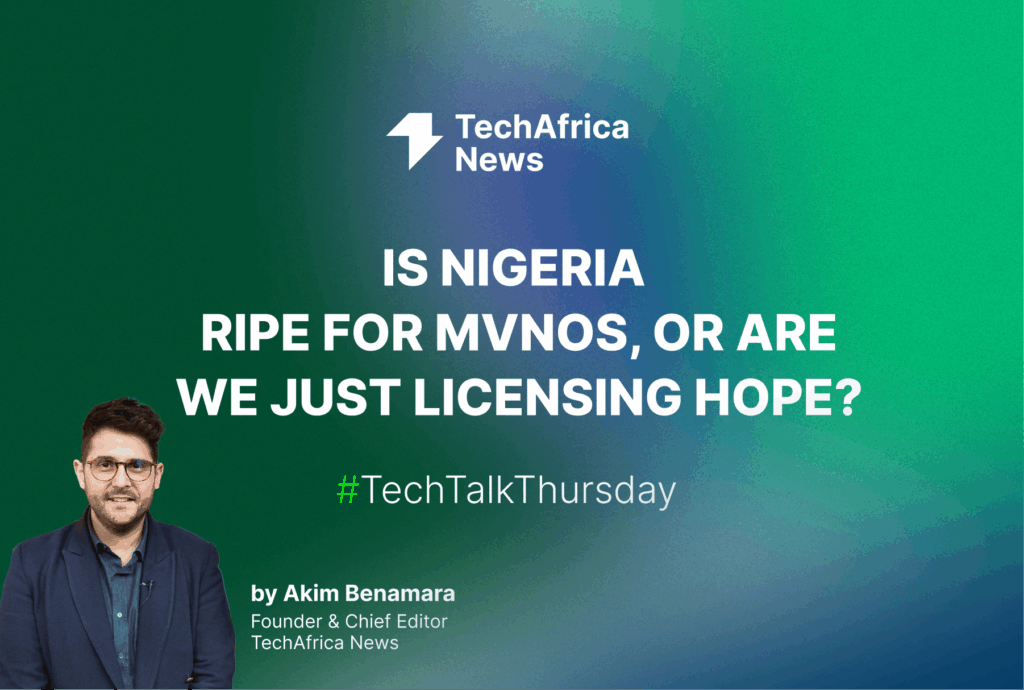UNDP’s Vision for a Digitally Empowered Africa: Can Innovation Outpace Challenges
Robert Opp, the Chief Digital Officer at the United Nations Development Programme (UNDP)

In an insightful interview from MWC24, Robert Opp, the Chief Digital Officer at the United Nations Development Programme (UNDP) , shared his perspectives on the digital landscape in Africa and the potential for technology to drive development across the continent.
Africa, known for its youthful demographics, with 50% of its population under 30, holds immense potential for innovation and digital transformation. Opp highlighted the vibrant innovation ecosystem across African nations, where UNDP’s accelerator labs play a pivotal role in harnessing local digital and innovation ecosystems. However, he also pointed out significant challenges, such as financing and regulatory environments that need to be addressed to fully unleash this potential.
70% of the sustainable development goals can be benefitted by digitalization… in a place like Africa where we have significant development challenges overall, there’s a lot that can be done with the force of technology.
Robert Opp, the Chief Digital Officer at the United Nations Development Programme
One of the critical barriers to digital transformation in Africa is the lack of digital skills and affordability. Opp stressed the importance of strengthening educational systems at all levels to build a robust digital workforce. Additionally, addressing affordability issues is crucial to ensuring widespread access to digital tools and services.
Opp pointed out that while infrastructure gaps exist, the primary barriers to digital inclusion in Africa are affordability and skills. Meaningful digital services, whether public or private, are essential to motivate and sustain internet use among the populace. Opp expressed optimism about the role of governments in addressing these challenges, highlighting the potential for policy interventions, such as tax adjustments, to improve digital affordability and stimulate innovation.
The conversation shifted to artificial intelligence (AI), recognizing its potential to revolutionize industries and government services in Africa. However, challenges such as data availability and the need for relevant skills are pivotal to harnessing AI’s full potential on the continent.






